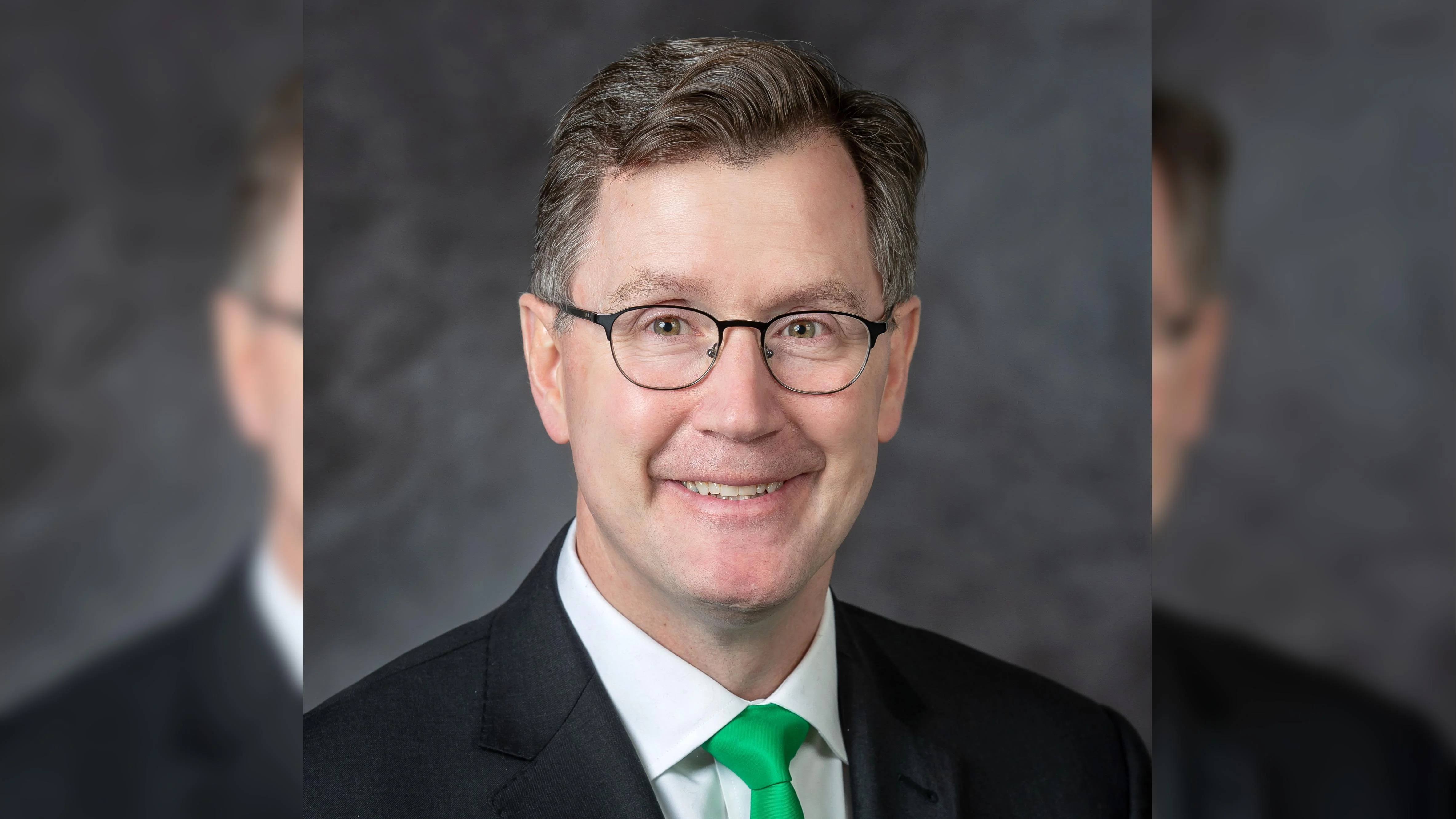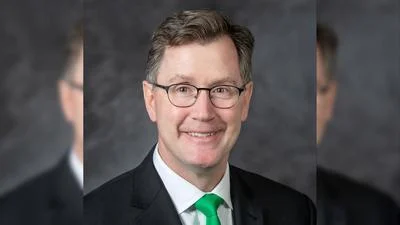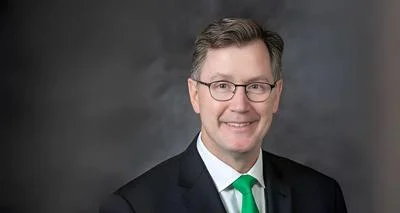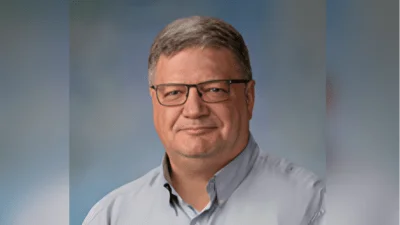Dr. Andrew Armacost, President | University of North Dakota
Dr. Andrew Armacost, President | University of North Dakota
Heavy workloads, shrinking budgets, and rising expectations have increased stress and burnout among college faculty across the United States. Lee Ann Rawlins Williams, a clinical assistant professor at the University of North Dakota (UND), addressed these issues in an article published by The Conversation on October 17.
Williams interviewed 33 faculty members from various disciplines since June 2025 to understand how they are managing their work and personal lives amid these pressures. The interviews revealed widespread anxiety about job security, uncertainty about teaching controversial topics, and frustration over inconsistent institutional support.
“We’re asked to make room for students’ struggles, but are rarely acknowledged when we crack under the same weight,” one professor told Williams.
A recent survey by the National Education Association found that a significant portion of public administration faculty report being physically or emotionally exhausted. According to the survey, 33% said they are “often” or “always” physically exhausted, while 38% described themselves as “often” or “always” emotionally exhausted. Additionally, 40% reported feeling generally worn out.
Other research indicates that increasing workloads and constant role juggling negatively affect faculty well-being and teaching effectiveness. This burnout can also impact students by reducing their motivation and engagement in school.
Williams noted that supporting faculty mental health is not only beneficial for employees but also essential for maintaining educational quality for students.
Surveys conducted between 2017 and 2021 show a growing trend of self-censorship among faculty members. More than six thousand respondents reported avoiding controversial topics or moderating their language with students and colleagues to prevent backlash from administrators or legislators.
A January 2025 Inside Higher Ed survey found that over half of more than eight thousand U.S. professors had changed what they said or wrote—including course materials and emails—to avoid expressing potentially controversial opinions. Nearly half withheld opinions in class entirely. This phenomenon is referred to as a “chilling effect” on academic freedom.
Faculty members continue to express reluctance to speak openly due to concerns about professional consequences. Early findings from ongoing research suggest further narrowing of acceptable discourse since January 2025. One-third of surveyed faculty reported feeling less free to express their views compared with previous years.
Professors described avoiding discussions on sensitive subjects such as race, gender, religion, or terms like diversity, equity, and inclusion. Those without tenure—such as adjuncts or those on contingent contracts—felt especially vulnerable; even tenured positions no longer guarantee job security in some cases.
“When your next contract depends on staying in bounds, watching what you say is survival,” an adjunct professor said.
The psychological strain resulting from these conditions leaves little room for creativity or innovation in teaching. Faculty well-being directly affects student experiences: burnout among educators reduces classroom engagement and motivation while limiting exposure to complex perspectives necessary for critical thinking development.
Restrictions on free expression may stifle intellectual curiosity among students and narrow research questions within academia itself. Williams concluded that expanding workloads combined with shifting public expectations have created sustained strain throughout higher education faculties nationwide.





 Alerts Sign-up
Alerts Sign-up